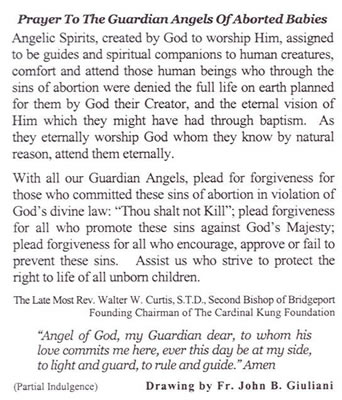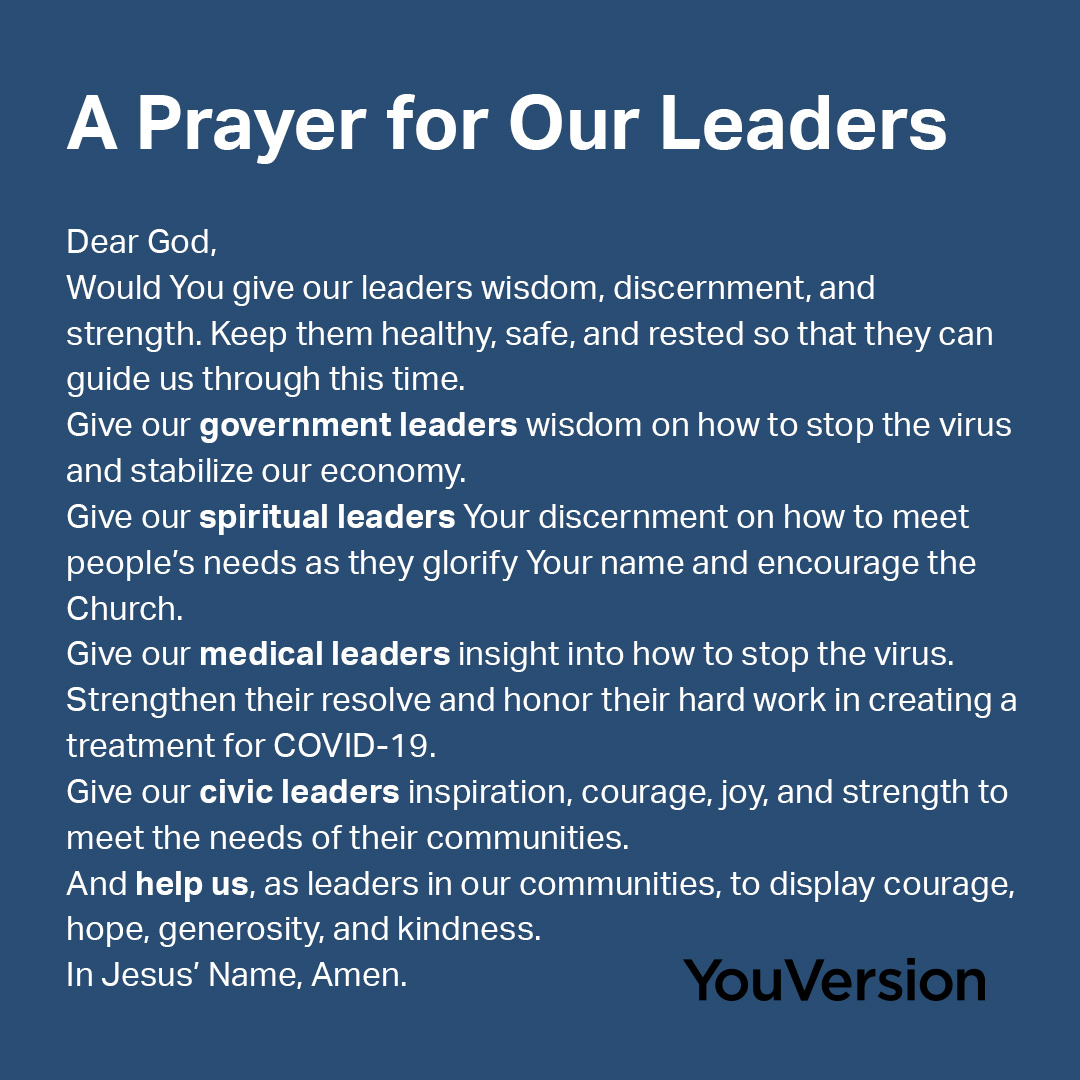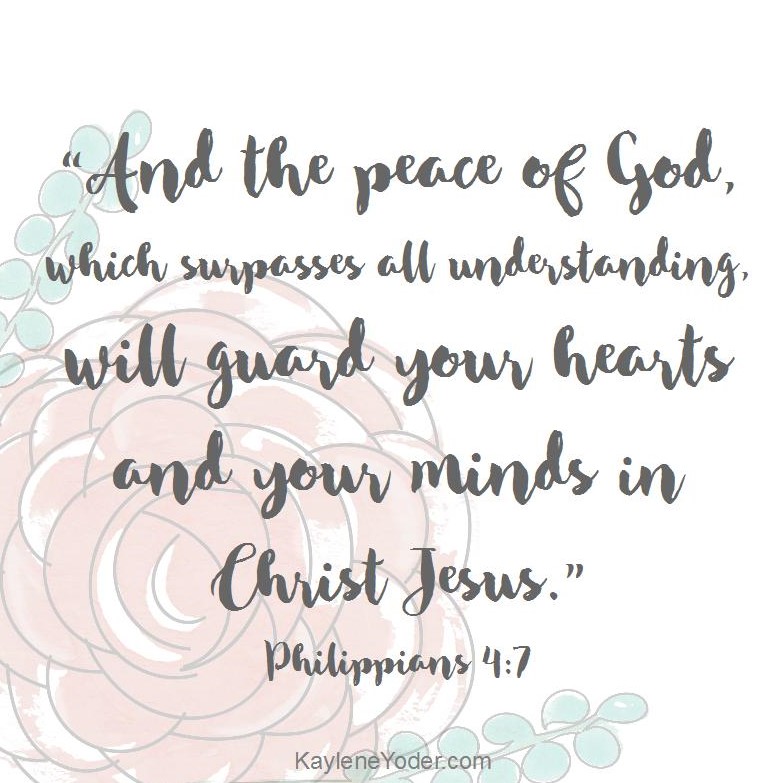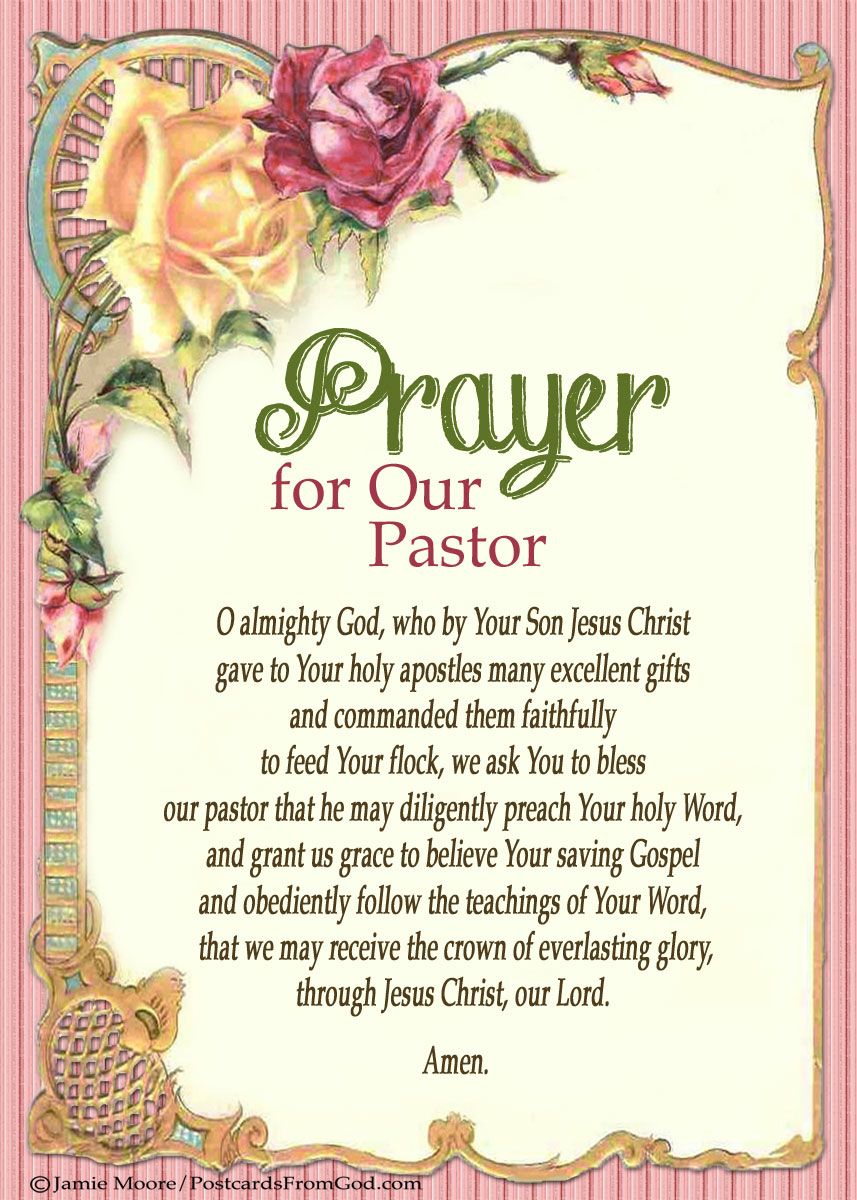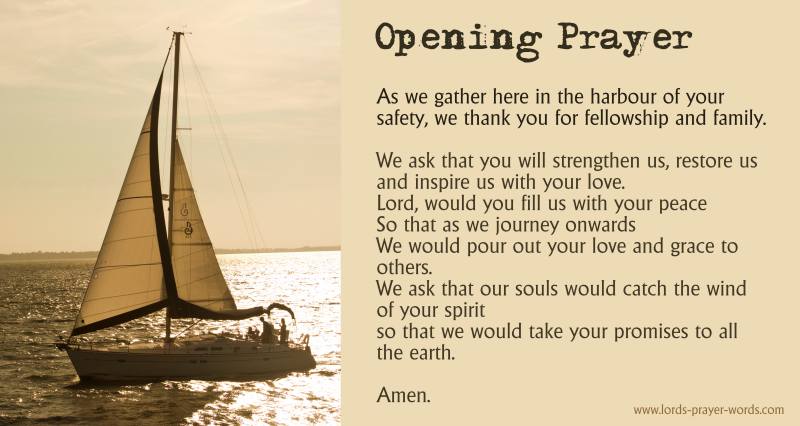Prayer is a powerful Spiritual tool. It can connect us with our Higher Power, help us face difficult challenges, and encourage us on our path to God. When preaching, it’s important to take advantage of this power. Prayer has the ability to change hearts and minds, so use it to your advantage when addressing your congregation. Here are five tips for prayer for every preaching session.
Prayer can be said before, during and after preaching
Prayer is an integral part of preaching. Prayer can be said before, during and after preaching.Learning to pray effectively will help you connect more with God. There are many ways to pray, including meditation, petitionary prayer and intercession. When praying, always be specific in your requests for God’s blessings on the message you are preaching.
Before Preaching:
Before you preach to a congregation, spend some time preparing yourself spiritually. Pray about what you will say and ask God for His help in preparing your heart and mind. Studying the Scriptures can also help prepare you spiritually for preaching. spend some time talking to God about who He wants to reach with your message that day. Ask Him what themes or issues He wants you to address. You’ll be more likely to preach from a Scriptural perspective if you have a good understanding of what the Scriptures are actually saying.
During Preaching:
When preaching, it’s important not only to deliver the message correctly, but also to exhibit an attitude of humility before God and a willingness to listen attentively to Him as you proclaim His Word. Be sure not only to pronounce the words correctly, but also infuse them with energy and conviction from the depths of your soul.Your voice should carry throughout the building so that all who are listening may hear your message clearly. Use gestures and facial expressions while speaking as well – these will add emphasis or clarity where needed, helping people grasp
Prayer is an important part of preaching
Preaching is an important part of Christianity, and prayer is an essential part of preaching. Prayer gives believers a chance to connect with God and ask Him for help.
Prayer can also prepare preachers for their message. Prayer can help preachers focus on what they need to say and help them connect with their congregations.
Preachers should always be prepared to pray before preaching. This will help them stay calm and focused during the sermon.
Praying with the congregation is a great way to connect with them
Prayer is a powerful way to connect with God and His people. When we pray, we open our hearts to Him and let Him into our lives. Praying with the congregation can be a great way to build relationships and connect with them on a deeper level. Here are some tips for praying with the congregation:
1. Start by praying together as a group. This will help cement the connection between you and the others in your prayer group and create an atmosphere of unity.
2. Focus on communicating with God through prayer rather than talking about things in your own head. This will help you focus on His presence and allow Him to speak through you.
3. Ask God for guidance during your prayers, and let Him know what is top of mind for you at that moment. This will help you stay focused on Him and connected to Him throughout your service.
Why Pray?
Why pray? Prayer can be traced back to the beginning of time. Prayer was used by prophets and priests to communicate with God. Prayer is also a form of communication between people. When you pray, you are talking to God in your heart and mind. Prayer has many benefits. Here are five reasons why you should pray:
1. Prayer calms the mind and soul.
Prayer can help calm the mind and soul. When we are stressed, our thoughts can become chaotic. prayer can help us focus on what is important and calm our minds so that we can make better decisions.
2. Prayer builds relationships with others and with God.
When we pray, we build relationships with others and with God. This is because when we pray, we share our feelings with another person or entity. We learn how to trust God more because we know that He hears us when we pray for Him.
3. Prayer helps you discover your purpose in life and fills your life with meaning。
When we ask for guidance or for help, prayer often leads us to discover our purpose in life or to find new meaning in our lives。 prayer helps us take control of our own destiny by helping us set goals and achieve them。 It is through prayer that we first discover who WE are、 what WE stand for、and where WE want to go。
Prayer Types
There are many different types of prayer, and the right one for any occasion can be found in the Bible. Here are a few general categories: intercession (prayer on behalf of others), confession (share your need with God), supplication (requesting from God), thanksgiving (acknowledging His blessings), invocation (calling on God’s name), petition (saying what you want or need from Him), and meditation (putting your thoughts into prayer).
When praying specifically for someone, it is essential to first understand their situation and how to best pray for them. For example, if someone is grieving, you might begin by offering them comfort and peace. If they are struggling with a temptation, you might give them strength to resist. Prayer can also be used to connect with God on a deeper level. meditating on Scripture or addressing specific prayers can help us draw closer to Him.
Whatever type of prayer best suits the occasion is always the best option!
How to Pray
Prayer can be a powerful tool when preaching. Prayer gives listeners an opportunity to connect with God and to ask for His help. Prayer also provides a time for speakers to reflect on what they are saying and for listeners to receive guidance.
When praying, it is important to be specific about what you want God to do in your situation. For example, if you are preaching about repentance, say something like this: “God, please forgive __________ for their sins and lead them into a new life.” Be creative when praying and use words that come from your heart.
Prayer can also be used as a way of staying connected with God during the sermon. When we are praying, we are taking time out of our busy day to connect with Him. This connection can energize us and help us stay focused on what we are saying.
When prayer is appropriate, offer up thanksgiving as well. Thanking God for His blessings during the sermon can help listeners feel grateful and encouraged. Additionally, thanking Him can remind us that He is always working in our lives and that we should never forget how much He has done for us.
Prayer is an important part of preaching. It can be used to connect with God on a deeper level, and it can help us stay focused during difficult times. Whether you are new to preaching or have been preaching for years, I hope this article has helped you learn how to pray better and more effectively. Remember: Prayer is not just reserved for moments of worship or prayer meetings; it should be a regular part of every aspect of your life! ###

